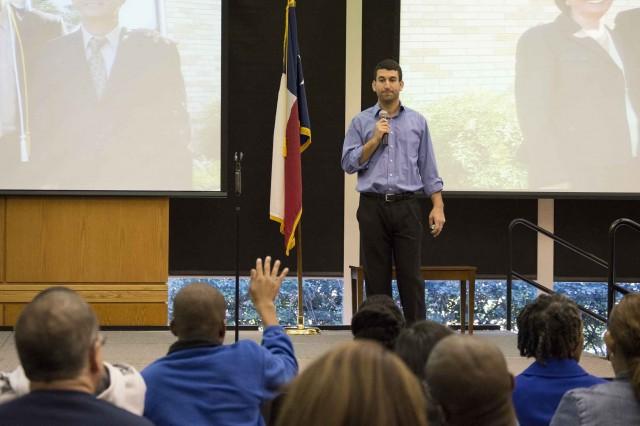By Samuel Medina III/ reporter
Netflix, Hulu and other streaming sites have become embedded into many people’s lives. They are excellent ways to pass the time and relax.
However, as some TCC students may have already found out, they are blocked from using such sites.
We are all adults in college. These sites should not be restricted as if we were in high school. The irony is students cannot access Netflix but can access many pornography sites with ease.
In this case, the college has its priorities in all the wrong places.
Some students may have a couple hours between classes that may feel like an eternity without anything to do. Homework and studying may be an option, but everyone needs a mind-numbing break during a stressful schedule. Facebook and Snapchat can only offer so much before the content becomes dull.
It is our right as paying college students to stream shows, documentaries or movies when we please. Whether it is an issue of censorship or bandwidth, blocking these sites entirely may be seen as an extreme solution to a simple problem.
In 2011, Ohio University’s Office of Information Technology attempted to block Netflix because it consumed 40 percent of bandwidth alone at peak times. Students fought back with a petition demanding to unblock Netflix. With determination and diligence from students, officials decided to unblock Netflix but set a bandwidth limit to manage students’ usage.
Ohio students may have slower Internet speeds when watching shows on Netflix, but it is a middle ground they have been content with for two years.
Although TCC does not have the kind of funding Ohio has, one would think a modern-day college would have outstanding Internet capabilities nonetheless.
If bandwidth is the problem, we need to follow Ohio’s footsteps. Limited bandwidth to allow students to access streaming services would be an excellent compromise.

























